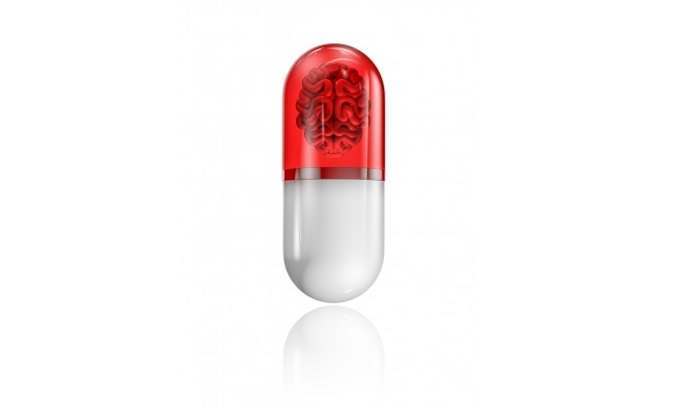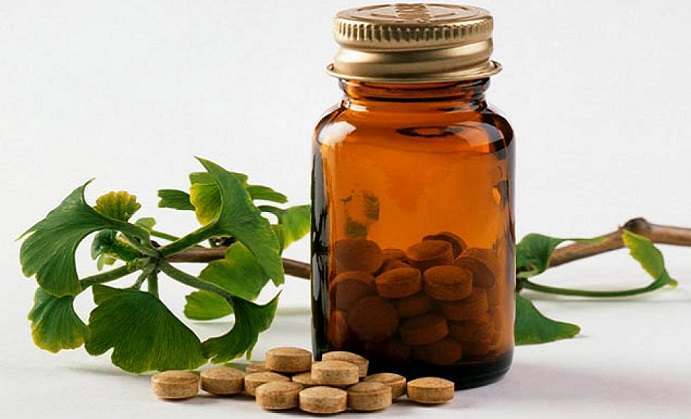Have you ever heard of the word, nootropics? It’s kind of an odd word to look at. Well, nootropics basically means it is a any form of food or compound which may have the capacity and ability to aid and also improve certain mental functions such as your memory, drive, focus, and also possibly your mood. While this is currently still a bit of a foreign topic, everyday there are neuroscientists who are learning more and more everyday about how the brain is affected by certain drugs, food, and supplements.
If you are interested in finding supplements to improve your mental function and capabilities, it is always best to do diligent research and also to speak with your doctor before taking any type of supplement or drug. That being said, here are some supplements that can be considered potential nootropics.
 Creatine this supplement is coveted by gym lovers. Many believe that it enhances their workouts and performance at the gym. Besides helping to improve their performance, creatine has also demonstrated the potential to enhance neuro abilities. Studies taken where five grams of creatine have been taken for over an extended period have resulted in an improvement in memory and also intelligence. It is suggested that creatine should be take by vegetarians or omnivores who do not incorporate enough protein or meat in their diet.
Creatine this supplement is coveted by gym lovers. Many believe that it enhances their workouts and performance at the gym. Besides helping to improve their performance, creatine has also demonstrated the potential to enhance neuro abilities. Studies taken where five grams of creatine have been taken for over an extended period have resulted in an improvement in memory and also intelligence. It is suggested that creatine should be take by vegetarians or omnivores who do not incorporate enough protein or meat in their diet.
Theanine or L-theanine is one of the supplements regarded by the FDA as GRAS or generally recognized as safe. L-theanine is found in mushrooms and also green tea and is found in supplement form as well. According to several studies, those who have take L-theanine have resulted in better sleep quality. Studies have showcased this dietary supplement to prevent against cognitive dysfunction and also possibly against something as serious as a stroke. It also has been documented that those who take L-theanine and a caffeine supplement have had better focus and tend to more alert. The results however, are temporary and will wear off.
 Passionflower is taken by people to help ward off anxiety. Only small studies have shown results that passionflower has confirmed to help with anxiety. There are others who find passionflower beneficial to aid in combating insomnia and also to help to fight signs of withdrawal (especially those who are withdrawing from benzodiazepines and opiates). Dentists have also used passionflower to calm and reduce anxiety and apprehension in patients.
Passionflower is taken by people to help ward off anxiety. Only small studies have shown results that passionflower has confirmed to help with anxiety. There are others who find passionflower beneficial to aid in combating insomnia and also to help to fight signs of withdrawal (especially those who are withdrawing from benzodiazepines and opiates). Dentists have also used passionflower to calm and reduce anxiety and apprehension in patients.
DHA is the omega-3 fatty acid developed in food such as seaweed and fish. This has been touted to help protect against certain types of psychiatric diseases and also to improve memory.
In various studies and surveys, it was noted people who ate fish infrequently suffered more from symptoms of depression. While there has not been a study to conclusively prove taking a DHA supplement is effective in combating depression, there has been data to state taking an omega-3 fatty acid supplement can slow the progression of mental diseases such as Alzheimer’s. Again, DHA does not necessarily improve any type of cognitive capacity or performance. It instead can help to protect and slow certain cognitive impairments.











